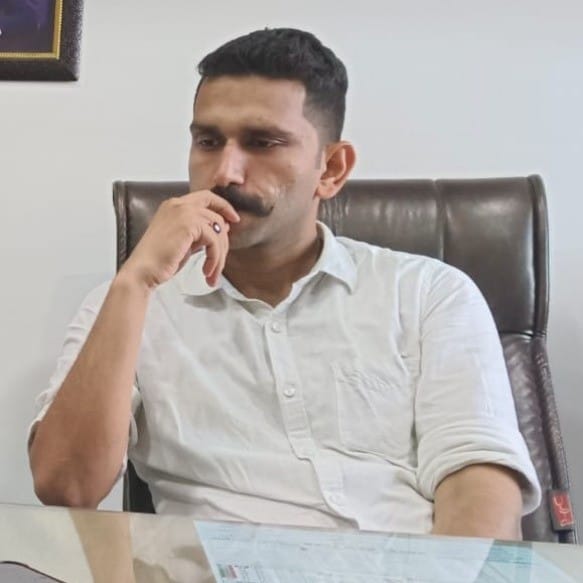“Sec 295A of IPC falls within the protection of Article

“Sec 295A of IPC falls within the protection of Article 19(2) of the Indian Constitution and is not ultra vires.”
Citation: 1957 AIR 620
Date of Judgment: 5th April, 1957
Bench: Sudhi Ranjan Das (CJ), Syed Jaffar Imam (J), S.K. Das (J), P. Govinda Menon (J), A. K. Sarkar (J)
Facts
Ramji Lal Modi, was the editor, printer and publisher of a monthly magazine called Gaurakshak. In November, 1952, an article was published in Gaurakshak. Based on the article, complaint was filed on 8th June, 1953 by Senior Superintendent of Police, Kanpur against petitioner under Section 153A and 295A of IPC.
Decision of Lower Court
District Magistrate, Kanpur charged the petitioner under Section 153A and 295A of IPC by order dated 5th August, 1953 and committed the petitioner to Sessions court of Kanpur. On 16th November, 1953, Sessions court convicted him under Section 295A and sentenced him to 18 months rigorous imprisonment and fine of Rs 2000.
Decision of High Court
Single Judge of Allahabad High Court on 25th October, 1956 held that the article was published with the deliberate and malicious intention of outraging the religious feelings of Muslims.
Decision of Supreme Court
Petition was filed under Article 32 of Indian Constitution to declare that Section 295A of IPC is ultra vires and unconstitutional. Court held that Section 295A falls within the protection of Article 19(2) of Indian Constitution. Language of the Section is not wide enough to cover all restrictions which may or may not fall within the limits of constitutionally permissible legislative action affecting fundamental rights under Article 19(1) of the constitution. So, severability could not be done.
Key law issues discussed
1. Whether Section 295A of IPC is ultra vires as it interferes with petitioner’s Right to freedom of speech and expression under Article 19(1)(a) of Indian Constitution?
No
After the decision of Romesh Thappar v. State of Madras[1] and Brij Bhushan v. State of Delhi[2], Article 19(2) was amended. First amendment substituted the phrase “undermines the security of, or tends to overthrow, the state” with “public order”.
Language employed in the amended clause is “in the interests of” and not “for the maintenance of”. The expression “in the interests of” makes the ambit of the protection very wide.[3] So, a law may not have been designed to directly maintain public order and yet it may have been enacted in the interests of public order.
Section 295A penalises only those insult or attempt to insult the religion or religious beliefs of a class of citizens which are perpetrated with the deliberate and malicious intention of outraging the religious feelings of that class.
Hence, Section 295A of IPC is not ultra vires as it is protected under Article 19(2) of the Indian Constitution.
2. Whether a law creating an offence relating to religion and imposing restrictions on the Right to freedom of speech and expression can claim the protection of Article 19(2)?
Yes
Merely on the ground that Section 295A is in Chapter XV of IPC which deals with offences relating to religion and not in Chapter VIII which deals with offences against the public tranquillity, it cannot be held that it does not attract the protection of Article 19(2).
Under Article 25 and 26, the Right to freedom of religion is expressly made subject to public order, morality and health. So, it cannot be said that freedom of religion is not related to maintenance of public order.
Restrictions may be imposed on the rights guaranteed by them in the interests of public order.
[1] (1950) SCR 594.
[2] (1950) SCR 605.
[3] Debi Soron v. State of Bihar, AIR (1954) Patna 254.



